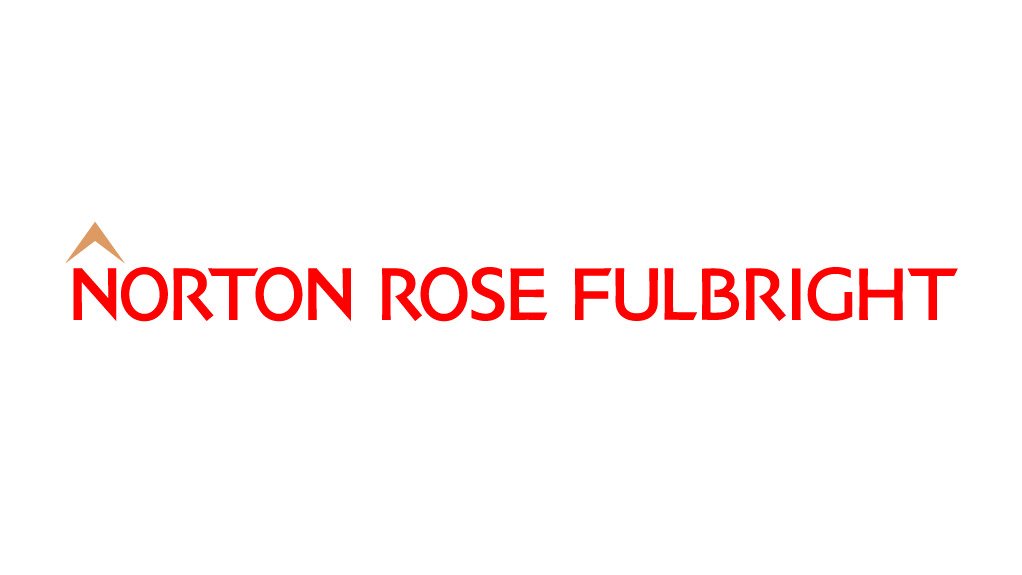In global law firm Norton Rose Fulbright’s 2019 Litigation Trends Annual Survey, a majority of corporate counsel respondents said they foresee an economic downturn that will lead to a rise in disputes. Many companies, the survey found, have begun taking preventative steps to manage the increased risk posed by the growing number of disputes.
Most survey respondents fear that the extended economic recovery following the Great Recession will give way to a downturn, and the economic slowdown will lead to increased litigation, particularly in employment and labour as well as contract disputes.
Gerry Pecht, Norton Rose Fulbright’s Global Head of Dispute Resolution and Litigation, said:
“A rise in disputes typically accompanies an economic downturn. If the economy goes sour, more deals may fail, more contracts will fall through, and employees will be laid off. A rise in employment and labour litigation has already begun. When asked for the three most common disputes that their companies face, nearly half of our survey respondents included employment/labour and contract disputes.”
The 2017 and 2018 editions of Litigation Trends saw cybersecurity and data protection concerns coming to the forefront as a key challenge in dispute management. That trend escalates even more greatly this year, with respondents reporting an increase in data privacy disputes.
The number of in-house counsel who rated cybersecurity and data privacy as the most important litigation issue facing them doubled from 2018 to 2019. More than half of those surveyed (52 percent) feel more exposed than previously to such disputes.
Respondents said worries over cybersecurity and data protection risks are rooted in the volume of such threats, the creativity of cyber criminals, the sensitive nature of some data content and some jurisdictions’ enactment of stringent data privacy laws.
Norton Rose Fulbright’s 15th annual litigation trends survey is based on polling 287 corporate counsel — primarily general counsel — representing US-based organisations on disputes related issues and concerns.
An expansive report detailing the survey’s findings is available at litigationtrends.com.
Highlights of the report include:
- During the next few years, 44 percent of corporate counsel foresee cybersecurity and data protection as a new source of disputes.
- More than 80 percent of companies conduct third-party and/or in-house assessments of cybersecurity and data protection risks, and such assessments are sound ways of
- reducing these types of risks.
- Companies in 2019 whose in-house counsel took part in the survey on average spent US$1.5 million on disputes and employed 2.5 disputes lawyers per US$1 billion of revenue.
- Regulatory intervention is still a key area of concern for in-house counsel, appearing in the top five most concerning types of disputes.
- Two effective ways to prevent litigation – embedding lawyers within business operations and early case evaluation/resolution – have yet to gain real traction and present a real opportunity for proactive legal departments seeking to mitigate risk.
- Providing training is another popular and effective preventative measure.
- Thirty-five percent of corporate counsel – 8 percent more than in 2018 – expect disputes to increase in the next year.
- Nearly two-thirds of corporate counsel said economic downturns lead to an increase in litigation cases.
- Seventeen percent of corporate counsel expect to increase the size of their in-house legal teams in 2020.
- While not the most frequently occurring dispute type, intellectual property disputes are the most concerning type of dispute faced by companies.
Introduced in 2004, this report is the longest-running survey of corporate counsel on litigation issues and trends. The 15th edition of Norton Rose Fulbright’s Litigation Trends Annual Survey was conducted by Acritas, a global legal services research firm.
EMAIL THIS ARTICLE SAVE THIS ARTICLE ARTICLE ENQUIRY
To subscribe email subscriptions@creamermedia.co.za or click here
To advertise email advertising@creamermedia.co.za or click here











